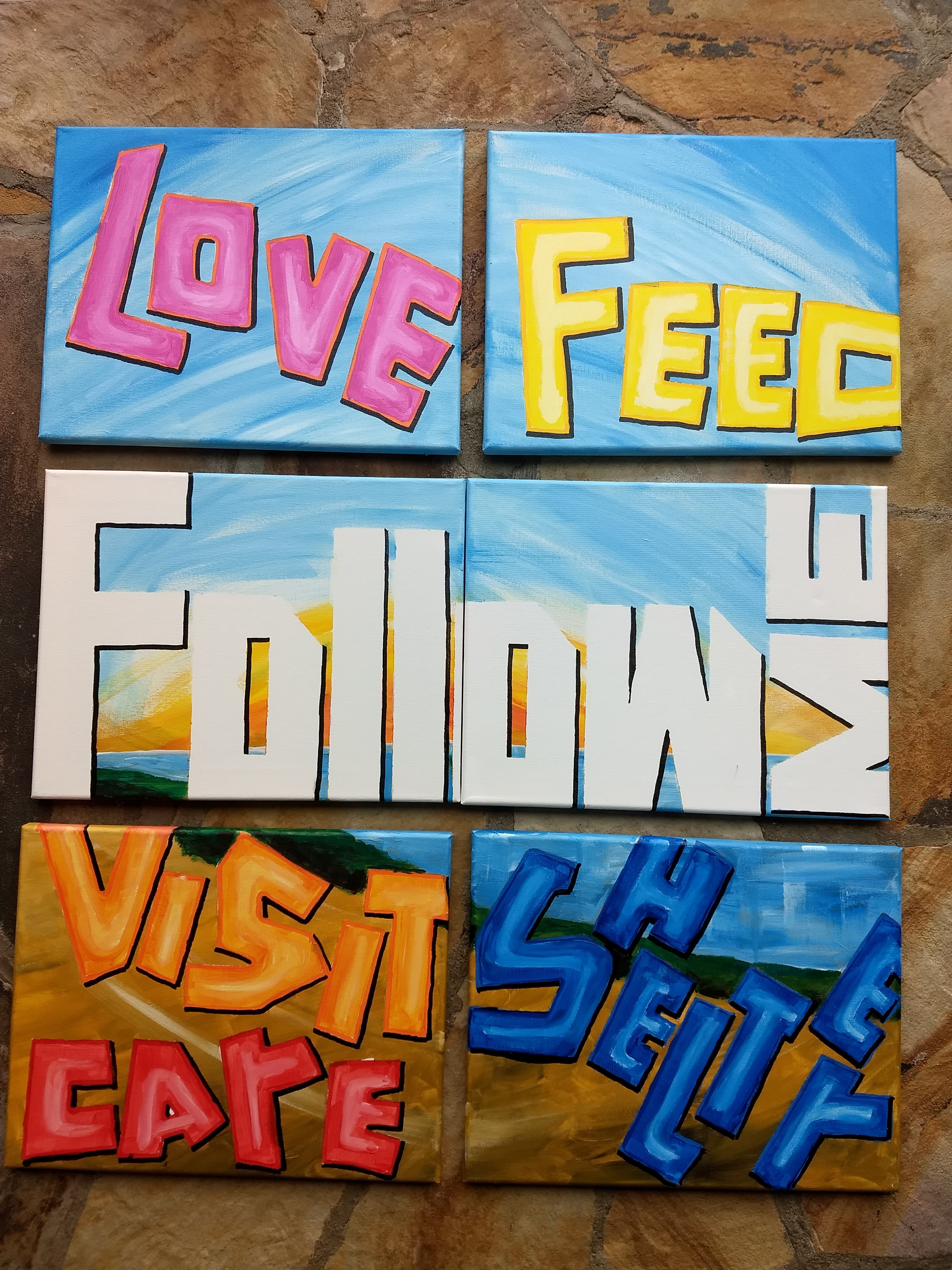Twenty-First Sunday in Ordinary Time
“But who do you say that I am?” (Mt. 16:15)
Today’s gospel begins in an unusual way.
It starts with a statement about geography, about a particular location far north in Galilee called Caesarea-Philippi.
Why there?
Because this city was built on one of the most prominent pieces of landscape in all of Israel… a massive wall of rock more than 100 feet high and 500 feet wide!
There a marble temple had been erected to honor Caesar, who considered himself a god.
Through the years, hundreds of people had traveled to this spot to carve niches into the side of the enormous cliff, place statues of their pagan gods into them, and worship them.
Knowing this, perhaps you can begin to see why it was that Jesus took his disciples some 25 miles out of their way – all on foot! – for the sole purpose of asking them a single question.
He clearly wanted the backdrop of massive rock, a marble temple, and all the honors given to the emperors and their gods to ask a question that is possibly the most important in all the gospels:
“Who do you say that I am?”
That same question is not addressed only to his first followers thousands of years ago, but it is one that echoes down through the centuries until it lands on our ears today.
Who do you say that I am?
In fact, that same question really is no longer about Jesus. It’s about us.
Who am I?
What do I believe?
What do I stand for?
Where is the North on my compass?
What statue would I place in the niche on the cliff of my life?
Because, let’s face it, you and I are like those earliest disciples. We have all kinds of answers to the question of who Jesus is. We each can find a way to clothe Jesus in our own self – to project on to him our own wishes, our own aspirations, our own interests.
To put it another way, we can easily find ways of reshaping Jesus to best suit our purposes.
But just like Simon, son of Jonah, who stood there with his back to this massive wall of rock, Simon who will later deny Jesus three times and, who doesn’t understand many things – this same Simon is given a new name:
Peter, the Rock.
And that’s what can happen for each of us. Jesus can make new openings in our lives, break the molds we’ve shaped for ourselves, draw us toward new realizations, fashion new understandings.
He can re-name us.
If we allow it.
If we allow it, Jesus can create within each of us a passion for justice that will shake up our certainties, our privileges, and our self-interests.
If we allow it, Jesus can fashion within each of us a tenderness that puts our pettiness to shame, and an experience of freedom that will release us from all our enslavements.
But only if we allow it.
“Who do you say that I am?”
Too often we answer easily that he is our God, even when he is not at the center of our lives.
Too often we answer easily that we confess him to be our Lord, even when we live with our backs turned to his project of forgiveness and mercy.
Too often we answer easily that he is our Teacher when we barely listen to his lessons.
And, at the same time, like each of us as individuals, we need to do some soul-searching as a parish as well. We need to ask ourselves as a faith community some tough questions as we stand before a wall like Peter did.
I’m speaking of questions like:
How can we be even more visible in our community? How can we be more open to the poor and the sick, the homeless and the hungry? How can we become more the “field hospital healing the wounds of humanity” that Pope Francis continually speaks of?
And, in the end, we all – individuals and parishes alike – have to face the wall of Caesarea Philippi, and honestly answer this single gospel question:
“Who do you say that I am?”
Peter’s response to this powerful question was unequivocal:
“You are the Christ, the Son of the Living God.”
How are you going to answer it?
Ted Wolgamot, Psy.D.






